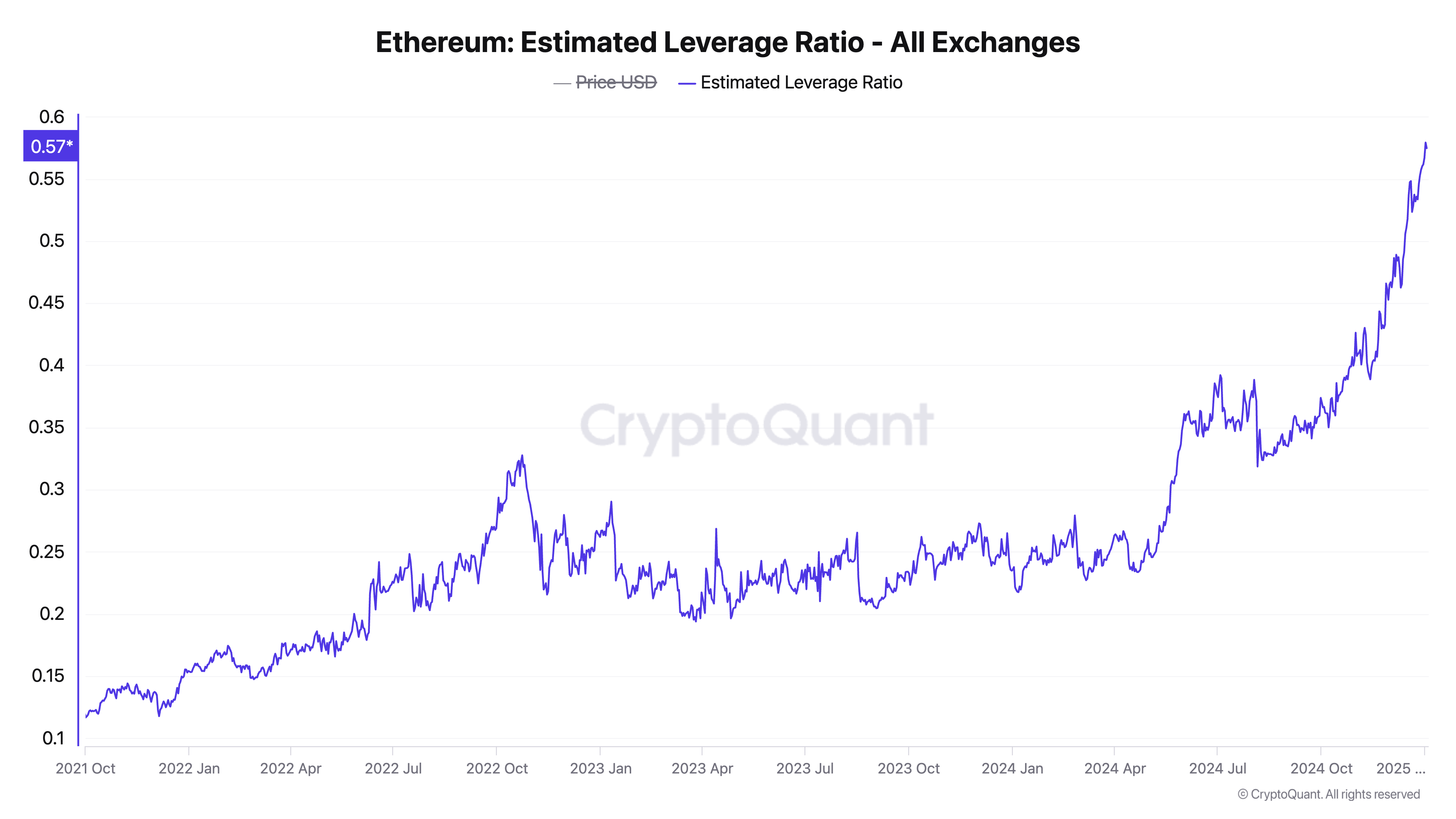Staying current with trends is one of the most important facets of successful investing. Being quick to recognize those that will eventually turn into the status quo is one way to build a portfolio that beats the market.
Imagine investing in some of the most high-profile tech stocks a decade ago. Today, companies like Meta Platforms (META -4.04%), Amazon (AMZN -4.77%), Apple (AAPL -3.67%), Microsoft (MSFT -5.08%), and many others are intertwined with our daily lives. An investor aware of trends a decade ago could have foreseen that and capitalized on those opportunities. In the last 10 years, the tech-heavy Nasdaq Stock Market increased nearly 250% in value.
Now, hindsight is always 20/20, but there is one trend today that presents a similar opportunity to that of a decade ago.
The new age of the internet
Our reliance on the internet seemingly increases every year. Some companies capitalized on this and now have an omnipresent role in our daily lives. These companies provide technology, track your every move on the internet, and generate an absurd profit from their centralized business models. But it looks like that might be coming to an end thanks to new technology with the potential to upend the current status quo of the internet.
Known as Web3, this new age of the internet aims to be everything that our current internet, referred to as Web2, isn’t. In Web3, things such as social media, finance, gaming, and the metaverse have the potential to mark a break from today’s centralization. With Web3, decentralized blockchains would be the backbone for an internet that’s open source, offers secure interoperability between apps, and is entirely trustless — meaning no third party, like Google, is needed for the system to function.
A recent report by Vantage Market Research on the current standing of Web3 valued the sector at just under $3 billion. But the same report says it has the potential to grow to roughly $23 billion by 2028. That’s an increase of more than 700%. So how can investors capitalize on this opportunity?
Well, because blockchains are the foundation of Web3, owning the cryptocurrencies native to those blockchains is one simple way to gain exposure to the new age of the internet. Based on current developments, I believe there are three that are rising to the task of supporting Web3’s future growth: Ethereum (ETH -0.36%), Polygon (MATIC 0.15%), and Arweave (AR -2.12%).
Ethereum
Ethereum is slowly becoming the foundation of Web3. To be straightforward, there is no possibility of Web3 without Ethereum. With its smart contracts, developers can program decentralized apps (dApps) to replace third-party entities, allow user data to flow seamlessly between applications without any collection, and (the best part) be highly secure and execute automatically when conditions are met. There are other smart-contract-based blockchains like Solana (SOL -0.67%) and Cardano (ADA -0.55%), but Ethereum has risen to the top as one of the most used blockchains. Its popularity has caused it to become the home of the most development for Web3 use cases. It could help to think of Ethereum as the base layer or code that allows Web3 to function, as JavaScript or HTML is for Web2. Any investor interested in Web3 should make sure they have a substantial amount of Ether in their portfolio.
Polygon
This network is positioning itself to become a powerhouse of Web3 as the new age of the internet continues to advance. Polygon is unique because it makes the shortcomings of Ethereum (namely slow transaction speeds and high fees) a thing of the past without sacrificing the security and decentralization that make Ethereum so desirable. To do this, Polygon offloads transactions from Ethereum’s blockchain and then adds them back later. The technology that Polygon uses makes transactions lightning fast at a cost of less than a penny.
Polygon co-founder Mihailo Bjelic might have said it best when talking about what Web3 needs. For a blockchain to become the “holy grail of Web3 infrastructure” it must have “scalability, security, and Ethereum compatibility.” If Web3 is to support all the internet users of the world, it must remain fast and cheap. With Polygon, that now becomes possible.
Arweave
Last but not least is Arweave. In a world full of data, that data needs a home. Arweave is a data storage solution that uses blockchain technology to provide a simple way to retain information — forever. The best part about Arweave is that no central authority oversees the data, no one can alter the data once it’s on the blockchain. In addition, Arweave is compatible with smart contracts, which means Web3 developers can customize dApps to use the data on Arweave’s blockchain. And, in keeping with Web3 principles, that data can’t be used to generate profits because it’s anonymous, and it can never be altered because it’s secure on a blockchain.
To understand how Arweave could benefit investors, we must first understand how Arweave works. We will keep it simple, but to store data on Arweave’s blockchain, users must purchase storage space with the AR coin. A user could be a regular person wanting to save a cherished photograph or another blockchain wanting to store its transaction history to free up space. The thinking is that as Arweave’s blockchain grows and supports more data storage for Web3, the AR coin should rise in value as demand for it grows.
Imagine entering the metaverse through glasses or virtual reality goggles and, as on the home screen on your phone, seeing all your favorite apps and games there waiting for you. Those apps and games all communicate with each other seamlessly to provide a unique experience just for you without the need of any Big Tech company. Your bank account, photos, and other information are all stored on the blockchain and are completely secure and anonymous.
Web3 is far from its final form, and it’s difficult to guess just what it might look like, but that is why investors have so much to gain right now. As the internet continues to evolve, investors can take advantage of a trend that has the potential to become the status quo.
Suzanne Frey, an executive at Alphabet, is a member of The Motley Fool’s board of directors. John Mackey, CEO of Whole Foods Market, an Amazon subsidiary, is a member of The Motley Fool’s board of directors. Randi Zuckerberg, a former director of market development and spokeswoman for Facebook and sister to Meta Platforms CEO Mark Zuckerberg, is a member of The Motley Fool’s board of directors. RJ Fulton has positions in Cardano, Ethereum, and Solana. The Motley Fool has positions in and recommends Alphabet (A shares), Alphabet (C shares), Amazon, Apple, Ethereum, Meta Platforms, Inc., Microsoft, Polygon, and Solana. The Motley Fool recommends Nasdaq and recommends the following options: long March 2023 $120 calls on Apple and short March 2023 $130 calls on Apple. The Motley Fool has a disclosure policy.
Read More: www.fool.com









 Bitcoin
Bitcoin  Ethereum
Ethereum  XRP
XRP  Tether
Tether  Solana
Solana  Dogecoin
Dogecoin  USDC
USDC  Cardano
Cardano  Lido Staked Ether
Lido Staked Ether  TRON
TRON  Avalanche
Avalanche  Wrapped stETH
Wrapped stETH  Toncoin
Toncoin  Chainlink
Chainlink  Stellar
Stellar  Shiba Inu
Shiba Inu  Sui
Sui  Wrapped Bitcoin
Wrapped Bitcoin  Hedera
Hedera  Polkadot
Polkadot  WETH
WETH  Bitcoin Cash
Bitcoin Cash  Uniswap
Uniswap  Pepe
Pepe  LEO Token
LEO Token  Litecoin
Litecoin  Hyperliquid
Hyperliquid  Wrapped eETH
Wrapped eETH  NEAR Protocol
NEAR Protocol  Ethena USDe
Ethena USDe  USDS
USDS  Internet Computer
Internet Computer  Aptos
Aptos  Aave
Aave  Mantle
Mantle  Bittensor
Bittensor  Virtuals Protocol
Virtuals Protocol  POL (ex-MATIC)
POL (ex-MATIC)  Cronos
Cronos  Ethereum Classic
Ethereum Classic  Render
Render  Artificial Superintelligence Alliance
Artificial Superintelligence Alliance  Monero
Monero  Tokenize Xchange
Tokenize Xchange  MANTRA
MANTRA  WhiteBIT Coin
WhiteBIT Coin  Algorand
Algorand